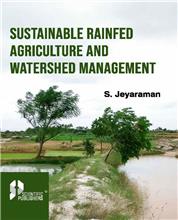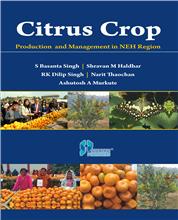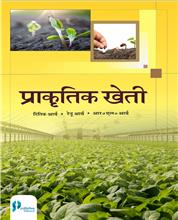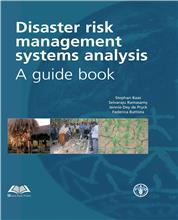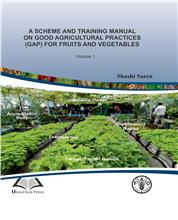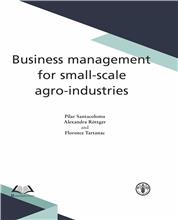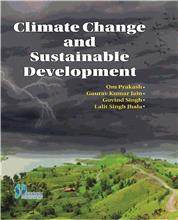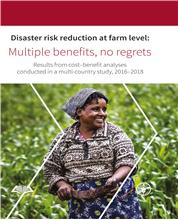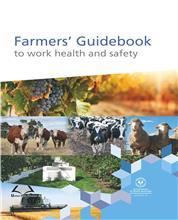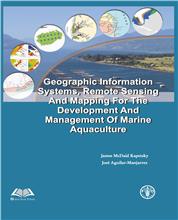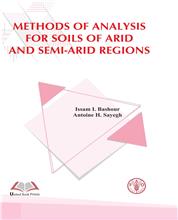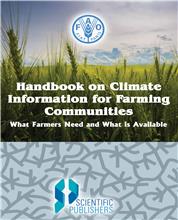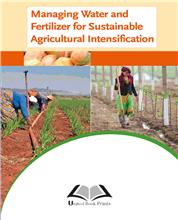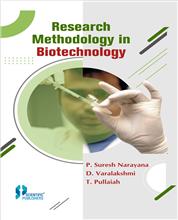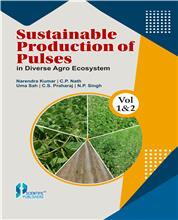PREFACE: Why Organics?
INTRODUCTION: How to use the curriculum
UNIT l - Soil is described in terms of physical and biological components. Both of these are important in establishing a foundation of knowledge about soil, in order to manage in a sustainable manner.
I. Introduction
II. Physical Properties of Soil
III. Soil Biology and Ecosystems
IV. Soil Nutrient Cycles
V. Unit Summary
UNIT 2 - SOIL APPLICATIONS Soil is managed to enhance the soil life. Factors which can be managed
are soil air, soil Water, soil organic matter, and soil minerals. Proper use of tillage is the most important factor in managing soil.
I. Introduction
II. Soil Air Management
III. Soil Water Management
IV. Organic Matter Management
V. Soil Mineral Management
VI. Tillage and Cultivation
VII. Unit Summary
UNIT 3 - PLANTS A basic knowledge of plant anatomy and physiology is essential for crop management.Knowing more about plants allows management decisions that enhance their growth and development, meaning better quality and larger harvests.
I. Introduction
II. Basics of Plant Anatomy
III. Basics of Plant Physiology
IV. Plant Nutrient Uptake
V. Plant/Soil Relationships j
VI. Unit Summary
UNIT 4 - PLANT APPLICATIONS
Plants can reproduce both sexually and asexually. Most organic crops are grown from sexually produced seed, though fruit and nursery crop reproduction often involve asexual methods of propagation.
I. Introduction
II. Seeds and Seed Starting Techniques
III. Propagation
IV. Plant Varieties and Selection
V. Unit Summary
UNIT 5 - CROP MANAGEMENT
Preventing crop loss from any factor is the goal of crop management. The basis of a good crop management system is good soil that produces healthy plants. Once that is established, controls for insects, disease and Weeds can be used on an as-needed basis as they interfere with production of the crop.
I. Introduction
II. Pest Control
III. Disease Control
IV. Weed control
V. Companion Planting
VI. Unit Summary
UNIT 6 - COMPOSTING
Composting is a result of managing soil organisms to more rapidly break down residual materials to produce humus. Addition of compost to the planting bed enhances soil life andmakes more nutrients available to the plant.
I. Introduction
II. Biological Processes of Composting
III. Materials
IV. Composting Management
V. Using Compost
VI. Unit Summary
UNIT 7- ORGANIC MARKETS
Marketing is a very important, but often overlooked aspect of establishing a successful farm. A market needs to be identified before the crop is put in the ground, to increase the likelihood of a profitable season.
I. Introduction
II. Introduction to marketing
III. Marketing strategies
IV. Certification
VI. Unit summary
UNIT 8 - PRACTICAL APPLICATIONS
This unit presents a plan for a demonstration organic bed to be prepared by a class and used as an adjunct to the instruction of this curriculum. These activities should be done in conjunction with the other units.
I. Introduction
II. Garden Site Selection and Design
III. Soil Preparation
IV. Planting and Maintenance
V. Detailed Crop Guides for Recommended crops
VI. Unit Summary
APPENDIX
I. Store Wars video
II. Meatrix video
III. Georgia Organics Marketing video
IV. Georgia Organics public service announcement
V. Soils - short power point presentation
VI. Pest management A short power point presentation
VII. Composting — short power point presentation
VIII. Farmer Host/ Speakers
IX. Feedback


